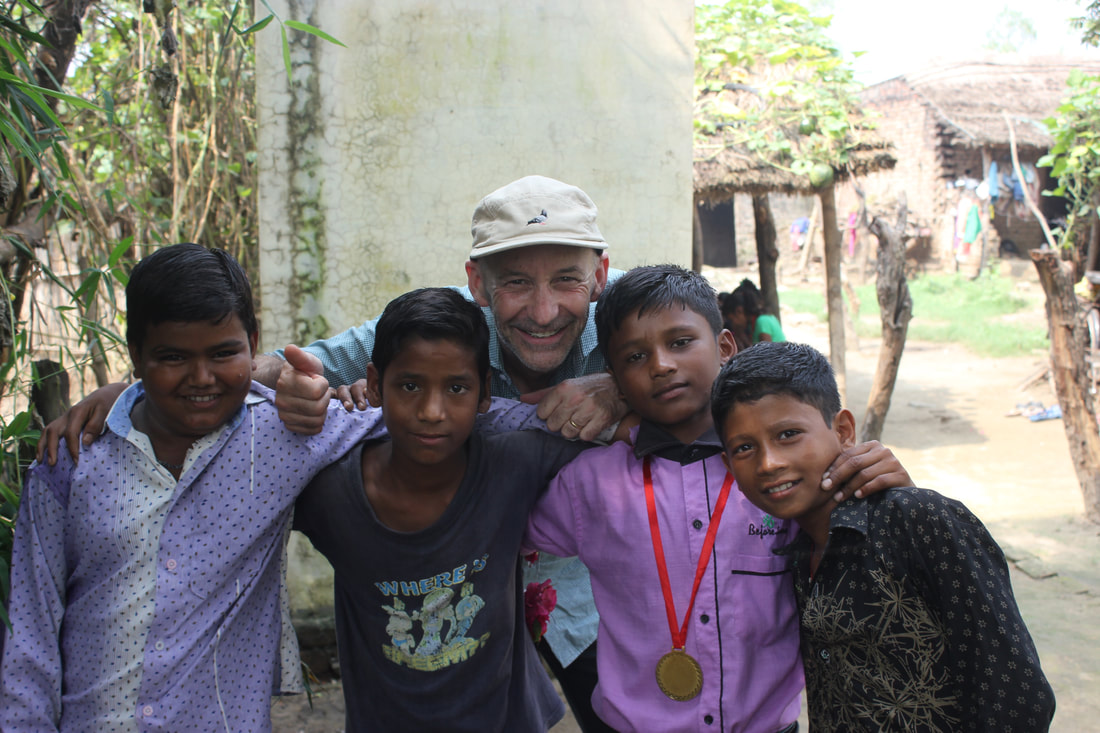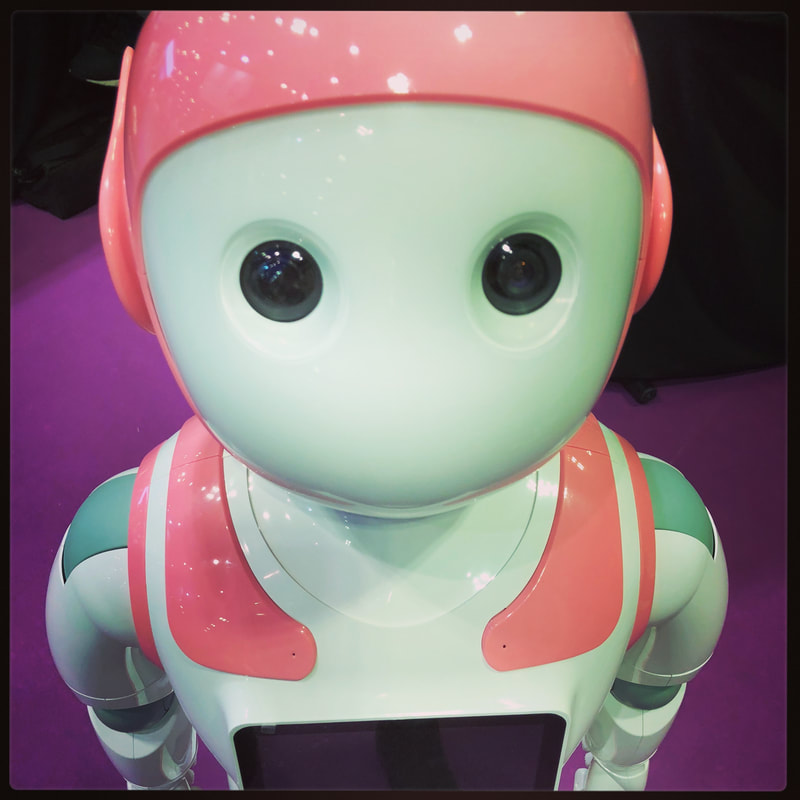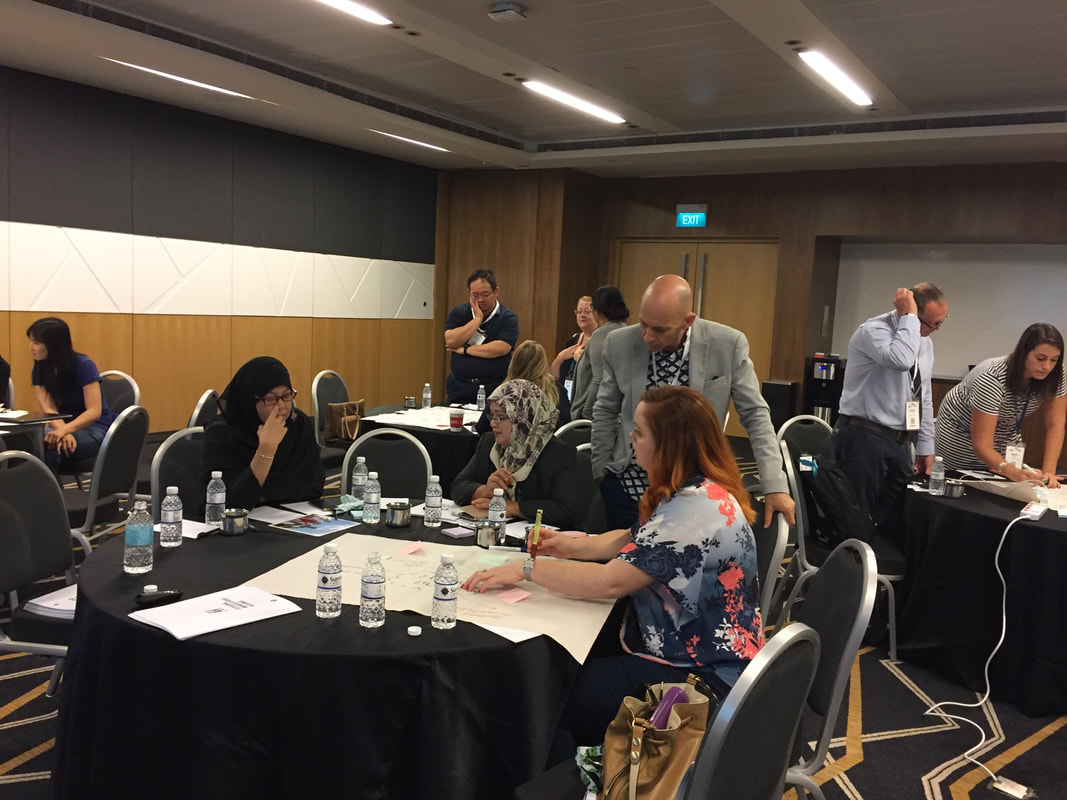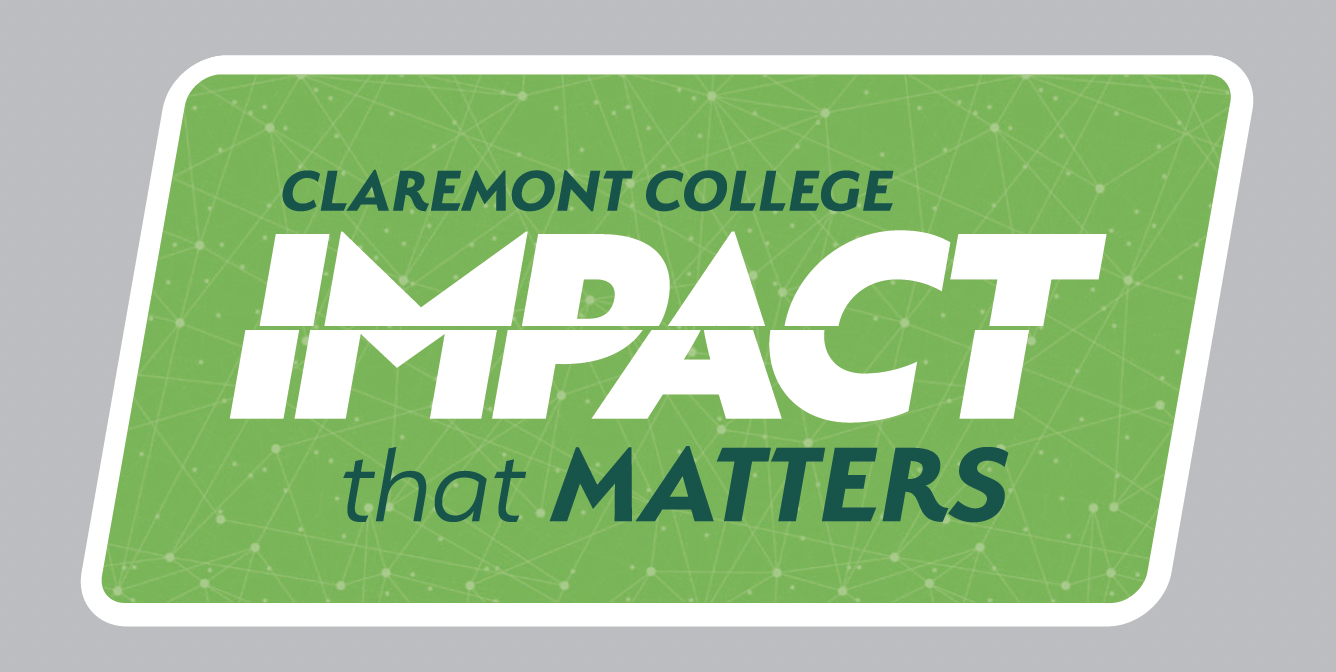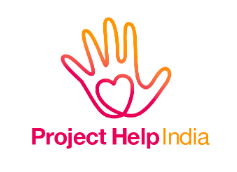|
I am a Principal. I love my job and often I don't. It’s satisfying, challenging, confronting, demanding, fabulous, exhausting and rewarding …and that’s all in just one day. No one day is ever the same. I am called to be at my very best for each and every task and interaction. I expect my staff to ‘be the school culture’. I have very high expectations of them and of myself. I must also model and ‘be the culture’ myself, modelling personal and professional integrity 24/7. I must challenge assumptions and be prepared to anticipate the needs of my learners, my school and community. I must articulate fresh vision. I have to be a disrupter, a leader who is prepared to ruffle feathers if I am to shape a school community that is characterised by tolerance, egalitarianism, equity and inclusiveness. I must also be a thought leader as I work towards creating and shaping a school that serves the needs of all stake-holders within my school community …today, tomorrow and much further into the future. Futurists tell us that this present generation of children is “entering a world of unprecedented complexity”. Our world will experience more ‘change’ over the next 15 years, in comparison to what collectively has happened over the entire course of human history. Therefore, what this world might look like in ten or twenty years’ time, is very much anyone’s guess. What might things look like as the children of generations to come walk through the school gates? School leaders cannot afford to wait until the future happens. The future starts with tomorrow. If I aim to be an outstanding leader, I must be prepared to answer some challenging questions; 1. What do my learners need for their present school experience to be the very best? (right now!)Every day is a step towards the future. Therefore, every learner deserves to have a good day, a happy day, one that is safe, nurturing, positive and filled with rich, meaningful, challenging individualised learning opportunities. 2. What do my learners need to be workplace ready, success in their future learning and in life in general? 3. How do I care for my teachers and wider staff team? How do I support them to flourish in their work, to find satisfaction and purpose, to be equipped to be at their professional best and aligned to the vision and core values of my school? 4. Am I ‘comfortable in my own shoes’? Do I value the strengths and expertise of others? What if a graduate teacher knows some things more than me? …of course he or she will! Do I embrace this or create a hierarchical structure that hides my flaws and weaknesses? Therefore, do I promote distributive leadership within my staff team. 5. Do I consult and engage with all stake-holders, prepared to listen to their voices, their needs and the feedback they give? When opinions are diverse, you can stick to your convictions whatever they may be, but we must respect and appreciate the differences of others – both are not mutually exclusive. 6. Am I open to data, or am I defensive to what the data is telling me? Do I then act on the data? 7. Am I open to explore and engage with new learning ideas and technologies? How do I react to new pedagogies; project based learning, personalised learning platforms, coding, robotics, artificial intelligence? 8. Am I committed to creating continuous improvement and willing to carefully consider, manage and evaluate change? 9. Do I formulate growth goals for myself? Am I striving to be my best each and every day, or am cruising towards retirement? 10. Do I care for myself and find opportunities to refresh, reflect, recalibrate and realign to all that is important? There are many more questions that fill my head but these are a starting point. As I reflect on my past 10 years of being a Principal, perhaps those dispositions that best describe me are;
What should we be doing to prepare our schools for the future? I believe that innovation is key. “Educational innovation emerges most often when new circumstances or contexts mean that the things that worked before no longer work (and) we must focus on creating a culture of high expectations for our students …it’s all about preparing students for the future.” (Christine Cawsey, Principal of Rooty Hill High School; Sydney Morning Herald, Nov 18-19, 2017). The future is uncertain with unprecedented societal complexity, automation and new technology, the impact of increasing natural disasters, humanitarian crises, social demands, population explosion, an uncertain workforce and employment prospects mean that we must so all the more I believe that leaders must value and build the solid foundations of hope, purpose, redemption, unity, tolerance and love. These foundations have existed across human history. Our day to day work must focus on building the stuff that people will need no matter what the future looks like. Time flies, and before we know it another generation will be walking through the school gates. I don't want my school to look the same in 2037, as what it looks like today. Sadly, so many schools and classrooms are mirror images of years gone by. If you are a Principal or school leader, the future is in your hands. If you believe that you have been called to do the work that you do …innovate, embrace and enjoy what lies ahead. Working with these kids in Northern India is a pleasure and a joy. They love school. This chap is so proud of his medal which he received for attendance and application to his learning. These boys would not go to school if it wasn't for the work of www.kotdwarahelp.org. Leaders must develop a compelling vision to give these kids hope and every opportunity to thrive and achieve.
0 Comments
This is the second in a series of three blogs. Futurists tell us that this present generation of children is “entering a world of unprecedented complexity”. Our world will experience more ‘change’ over the next 15 years*, in comparison to what collectively has happened over the entire course of human history. Therefore, what this world might look like in ten or twenty years’ time, is very much anyone’s guess. What are the skillsets, mindsets, and dispositions that us teachers must have, if we are to equip children and young people for workplace readiness and success in their learning and for life in general? If you regard yourself as a 21st Century Professional Teacher, it is important to challenge many assumptions to ensure that your students are given the opportunity to learn all that they really need to learn, if they are to be prepared for the future. Perhaps a starting point is to ask yourself the following questions:
Do I believe in, and work towards respect, tolerance, equality and inclusion? Do I speak words of hope, forgiveness, belief and possibility? Is my work ‘child and learner centred’? When my work is tough, am I prepared to be the one who cares for my students, who shares a sandwich, makes breakfast for the child whose life is tough, make time to listen, be patient, coach, model high standards and personal dispositions and qualities, be kind and do what I can to ensure that my students have a happy childhood, thrive …and smile. Why am I a teacher? Sometimes we have to answer some difficult questions. It’s a tough job, and a high calling, but don’t children deserve the very best in this very uncertain world that they are growing up in. Most of us have a very clear recollection of the impact that significant teachers had on their lives. Sadly, most of us remember the bad teachers as well as the best ones. How will your students remember and speak of you? ----------------------------------------------------------------- * Gus Schmedlen, Vice President, Worldwide Education Industry Organisation Solutions, hp.com 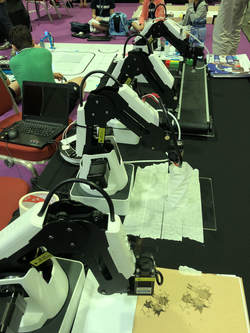 The gadgets our students are using - where are the pencil cases, rulers and erasers? Futurists tell us that this present generation of children is “entering a world of unprecedented complexity”. Our world will experience more ‘change’ over the next 15 years*, in comparison to what collectively has happened over the entire course of human history. Therefore, what this world might look like in ten or twenty years’ time is very much anyone’s guess.
What do children and young people need to be equipped for workplace readiness and success in their learning and for life in general? There has been much discussion on this matter, but I would like to summarise some of the key thoughts that presently challenge me as an educator and school leader. My direct experience working alongside children at two extremes of the spectrum, from kids in poverty, living in slums in India and kids living in the affluence and wealth of Sydney’s Eastern Suburbs, has shown me that 21st Century learners, despite their context, have much in common. Let’s consider the following skills, dispositions and qualities that we need to grow and nurture in our students, in order for them to be ‘future ready’. Our students need to be given opportunities/supported/enabled to:
Educators must understand that innovation in education is found at the heart of all we do. We must innovate if our learners are given opportunities to flourish in each of the above areas. As we design opportunities for quality learning, develop curriculum, write policies, design classrooms, campuses and schools of the future, and as connect globally with other educators, we must keep our perspective firmly fixed on children and their learning. It takes courage and conviction for us to challenge old paradigms and assumptions, especially when we have stakeholders who essentially do not have ‘children and their learning’ as their first and foremost priority. If you work directly or indirectly with children, is their future one of your priorities? ------------------------------------------------------------------ * Gus Schmedlen, Vice President, Worldwide Education Industry Organisation Solutions, hp.com Last week (early November) I spent four days in Singapore, attending the EduTECH South East Asia Conference. This conference experience was valuable and challenging in a number of ways. I was invited to speak on ‘Hallmarks of Outstanding 21st Century K-12 Educational Leadership’ and another on ‘School Design, Claremont’s Learning Spaces and Change Management’. Also, together with one of my amazing colleagues, we delivered a 2 hour workshop on ‘Co-Teaching’. In this workshop we presented research evidence (much generated by our school’s research project) on how to implement school improvement initiatives and how to ensure for effective and sustained change. It was a privilege to share the story of my school’s recent transformation, both in designing our learning spaces, and even more importantly, articulating and implementing powerful pedagogical approaches within our co-teaching model.
I was very much inspired by the talks and themes of the conference which focussed on anticipating the needs of learners in the future. In my role as Principal it is important that I have the opportunity to learn, formulate vision, be equipped to empower others, and to anticipate the needs of students over the years to come. These needs continue to change as our world changes and I have been challenged to think about how my school can be positioned to lead in the area of educational excellence, to innovate, implement strategic improvement initiatives and be resourced to equip all children for workplace readiness and success in their learning and lives. As the name suggests, the EduTECH Conference provides a strong emphasis on emerging trends in technology. Here are some of the key themes that I was personally challenged by; - analysis of competencies of the contemporary 21st Century ‘professional teacher’ - designing a ‘campus of the future’ - the importance of innovation, creativity and problem solving, as essential skills for children to be equipped for success in workplaces of the future. - the power and importance of quality early education - multidisciplinary problem solving - a workplace trend that values collaboration and teamwork over individual knowledge and achievement - understanding and anticipating trends in technology in schools of the future, which will most certainly include coding, robotics and artificial intelligence - designing classrooms that are virtual spaces - creating learning spaces that provide the facility for design centres or ‘maker-spaces’, where students can explore their personal talents and passions, and be able to tinker, create, design and collaborate in group research tasks and entrepreneurial projects. Futurists tell us that this present generation of children is “entering a world of unprecedented complexity”. We will experience more ‘change’ over the next 10 years, in comparison to what collectively has happened over the entire course of human history. Therefore, what this world might look like in 10 or 20 years time, is very much anyone’s guess. Our children must certainly be equipped to be effective communicators, curious, creative, inventors and innovators. They must be confident and resilient individuals who understand the value of making and reflecting on mistakes, learning from, rather than fearing and avoiding failure, and they must know the importance of grit, determination and persistence. When presented with this challenge, I was very much inspired, and I am excited for how my school will continue to provide the very best opportunities for children to be engaged and challenged in all aspects of their learning and school experience, for many years to come. |
claremont.nsw.edu.auarchives
June 2024
categories |
